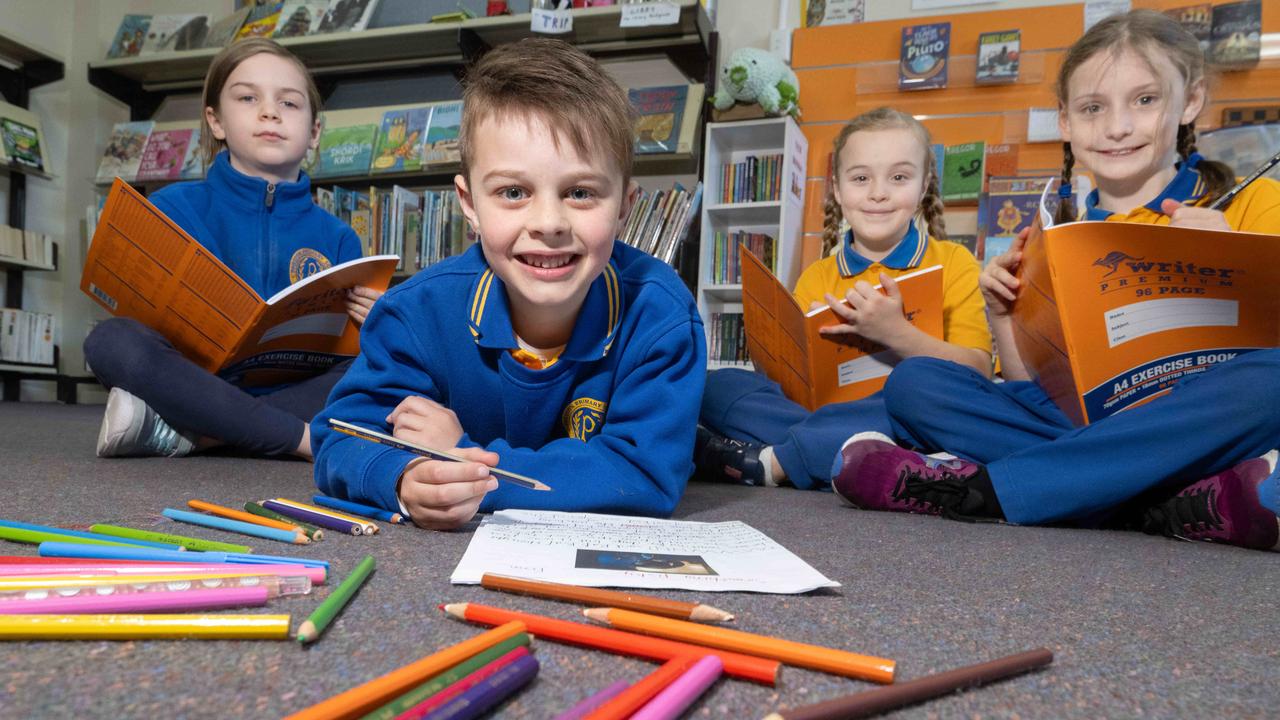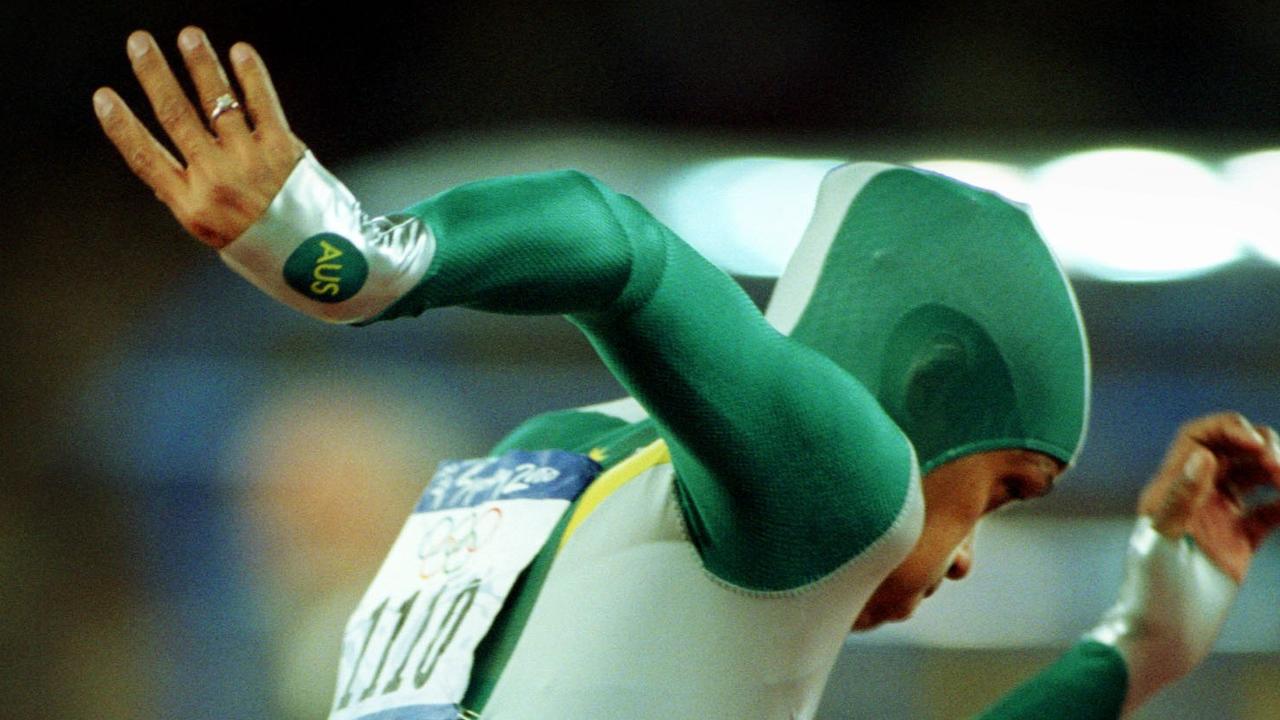Author Katrina Nannestad’s golden rules of story planning
Planning only adds to the fun and creativity of writing, according to Australian author Katrina Nannestad. Follow her five steps to planning a brilliant story for the Kids News Short Story Comp
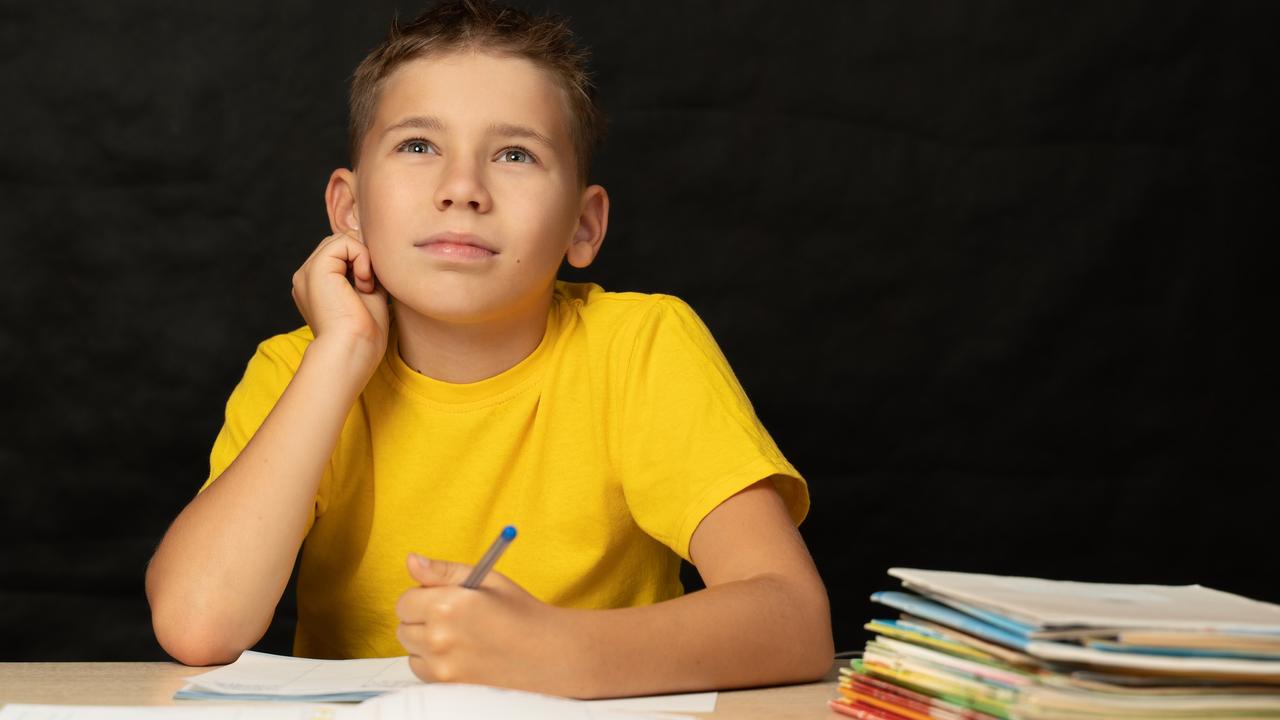
READING LEVEL: GREEN
So you want to write a story for the Kids News Short Story Competition. You’re excited. You start writing. It’s fun. It’s fabulous. But then you get stuck.
Uh oh!
Let’s go back to the beginning. The bit before you start writing. Because that’s really important. I’m talking about the big P – planning.
Some people think planning takes away the fun and creativity of writing. But planning is where the fun and creativity begins!
Let me tell you how I do it.
1. I choose an idea that excites me
I think we do our best writing when we focus on the things we love. I love travelling, storytelling and laughter. In my latest series, The Travelling Bookshop, I take the quirky* Cohen family trundling* through Europe in their caravan, which is also a magical bookshop. So exciting! I could write about them forever.
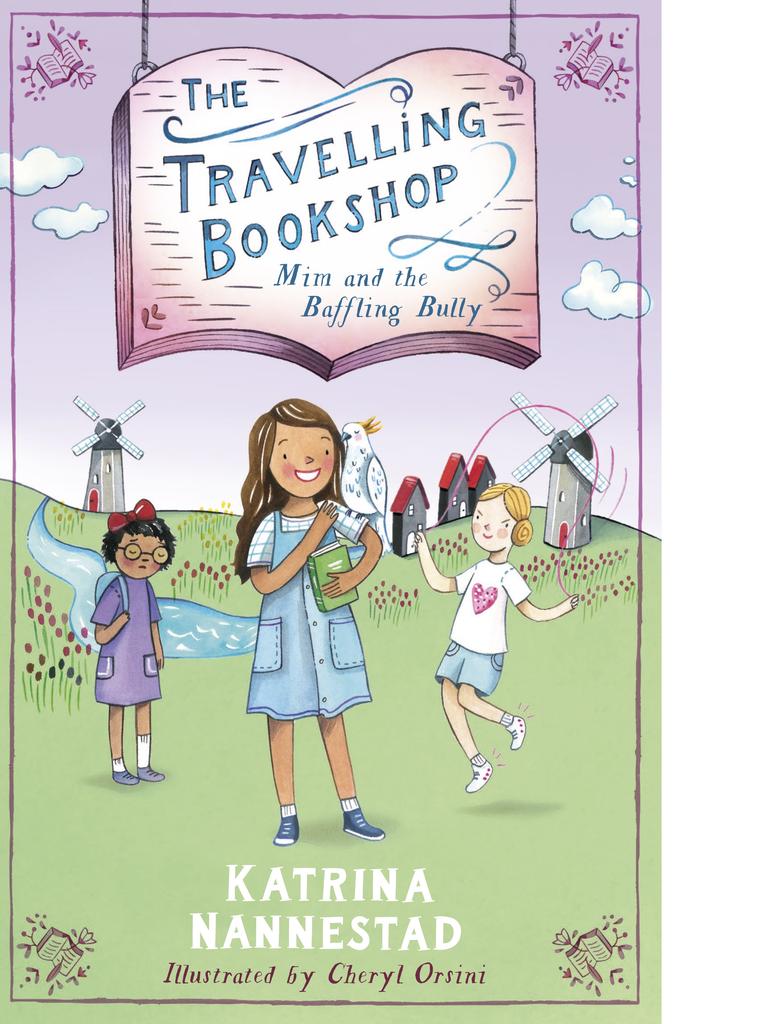
2. I let my imagination run wild
I grab lots of paper and coloured pens and start scribbling down all my ideas. I make lists. I draw pictures and label them. I make mind maps starting with a single word, a character or a place. I put down every idea no matter how silly it seems. I’ll pick and choose later, but for now I want my thoughts to run wild and free.
3. I do some serious research
Research is just filling in the gaps between all those notes and ideas from No. 2.
My story, The Travelling Bookshop: Mim and the Baffling Bully, is set in the Netherlands. I’ve never been to the Netherlands, so I did some serious research. I read travel books. I ate Edam cheese and apple turnovers. I clomped around in clogs – awkward but hilarious! I looked at pictures of tulips, windmills, cottages and farms.

I chatted to my mum about her holiday to the Netherlands. I watched a video of a boat trip along a pretty Dutch canal. I used Google Maps to go for walks through Dutch villages.
I did so much research that I felt like I’d truly travelled to the Netherlands. It was fabulous fun.
4. I sort my ideas
I go through all the notes, pictures and lists I have made in No. 2 and No. 3. I choose the bits that best suit the story I want to write and gather them together. I sweep the other snippets* aside.
5. I write a plan
Using my chosen ideas, I write a simple plan for my story. This will include a list of the main characters, the setting, the big ideas (themes) and an outline of what will happen (plot). Remember that good stories have at least one main character who is loveable (but not necessarily perfect) and a big problem that has to be overcome.
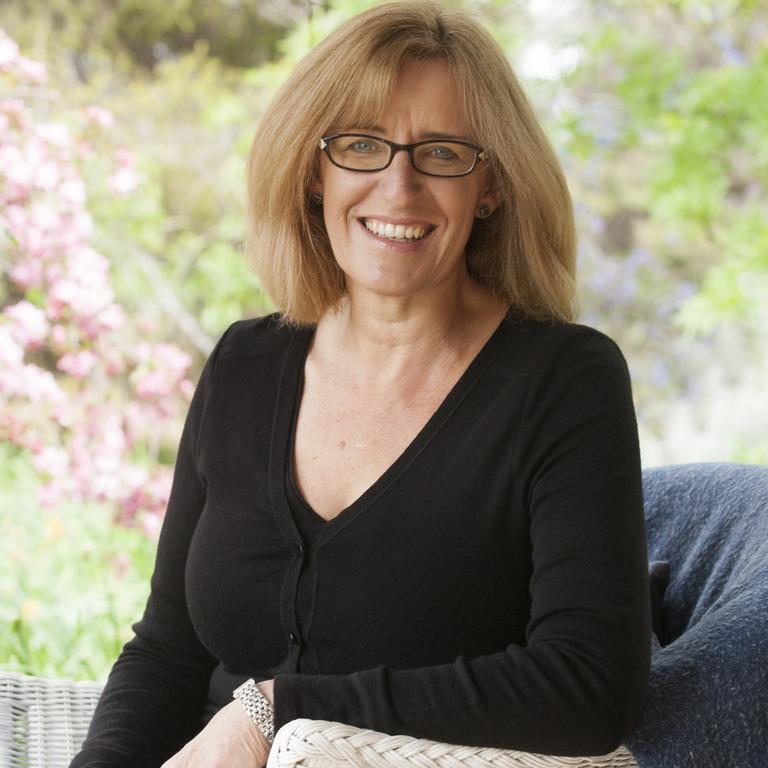
That’s it! Get writing. You might still get stuck from time to time, but the details are there – in your plan and in your head! Just take a break, go for a walk, revisit your notes, and the story will get rolling once more.
Katrina Nannestad is the award-winning Australian author of We Are Wolves. Her latest novel is The Travelling Bookshop: Mim and the Baffling Bully.
GLOSSARY
- quirky: having unusual characteristics or traits
- trundling: moving slowly and heavily
- snippets: small pieces of information
EXTRA READING
Famous authors urge kids to get writing
Why making up stories is good for you
Six secrets of a winning short story
QUICK QUIZ
- What does Katrina Nannestad suggest kids do before writing a story?
- What is the name of Katrina’s latest book?
- Which country is this book set in?
- Name three things that Katrina did when researching her latest book?
- What does Katrina recommend doing if you get stuck from time to time once you start writing?
LISTEN TO THIS STORY
CLASSROOM ACTIVITIES
1. Gather your ideas
Katrina tells us that to do our best writing we should focus on the things that we love. What do you love? To help get your ideas flowing, create a "vision board" that shows all of the things you love in one place. Draw or cut out pictures for your board. You might include sports or activities that you enjoy, special events, favourite foods, memorable places, important people, animals that amaze you and much more. Use this as the basis on which to continue building your story ideas.
Time: allow 40 minutes to complete this activity
Curriculum Links: English; Visual Arts
2. Extension
Create a character that could feature in your next story. Write down six adjectives that describe your character and three unique facts about them. Draw a picture showing what they look like.
Time: allow 30 minutes to complete this activity
Curriculum Links: English
VCOP ACTIVITY
Verb adventures
See if you can identify all the doing words/verbs in this text. Highlight them in yellow and then make a list of them all down your page. Now see if you can come up with a synonym for the chosen verb. Make sure it still makes sense in the context it was taken from.
Try to replace some of the original verbs with your synonyms and discuss if any are better and why.
ENTER THE KIDS NEWS SHORT STORY COMPETITION BELOW
